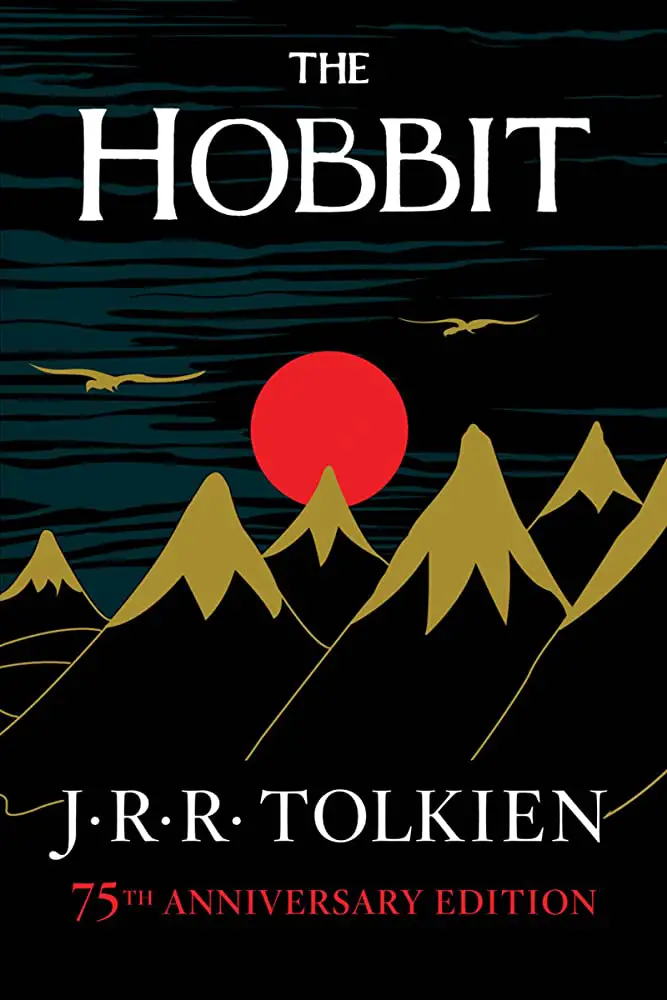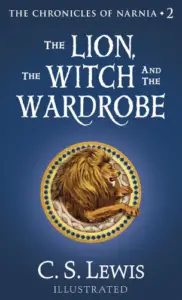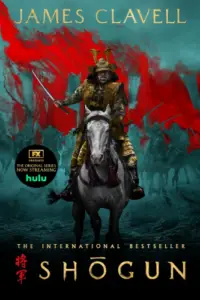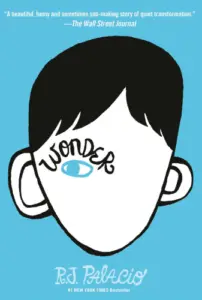The Hobbit
Book Author: J.R.R. Tolkien
Summary reviewed by:
Terrence Timmons
Terrence Timmons
Analyst
Bachelor of Arts (BA), University Of California, Santa Barbara 2019
With over 4 years of experience as an analyst. Terrence Timmons is committed to analyzing summaries without compromising on quality.
The Hobbit: Summary
The Hobbit by J.R.R. Tolkien transports readers to the enchanting realm of Middle-earth, a land teeming with ancient lore and mythical creatures. Positioned as a prelude to the legendary Lord of the Rings trilogy, this beloved tale follows the unassuming hobbit, Bilbo Baggins, whose tranquil life is upended by the arrival of the wizard Gandalf and a band of thirteen dwarves. Their quest? To reclaim the dwarves' lost homeland and treasure guarded by the formidable dragon, Smaug.
Set against the backdrop of lush forests, towering mountains, and mysterious underground kingdoms, Bilbo's adventure is a tapestry of courage, friendship, and self-discovery. Along the way, he encounters goblins, elves, giant spiders, and other fantastical beings, each adding depth and intrigue to his journey. Tolkien's masterful storytelling weaves rich descriptions and intricate world-building, making Middle-earth vividly come alive.
As Bilbo steps out of his comfort zone, he evolves from a hesitant hobbit into a clever and resourceful hero, proving that even the smallest individuals can make a significant impact. The Hobbit seamlessly blends elements of fantasy, adventure, and humor, making it an irresistible read for those seeking an escape into a world of magic and heroism. Whether you're a long-time fan or new to Tolkien's works, this timeless story offers an unforgettable adventure that continues to captivate readers of all ages.
Spoilers (watch a short ad to reveal spoilers)
The Hobbit: Genres
Fantasy
Adventure
Fantasy Fiction
Children's Literature
Novel
Epic
Quest
The Hobbit: Main Characters
Bilbo Baggins: A humble and unassuming hobbit from the Shire, Bilbo embodies courage and resourcefulness. His decision to join the dwarves on their quest showcases his willingness to step beyond his comfort zone and embrace the unknown.
Gandalf: The wise and enigmatic wizard who orchestrates the adventure, Gandalf values wisdom and guidance. His timely interventions and strategic thinking are pivotal in overcoming the challenges the group faces.
Thorin Oakenshield: The noble leader of the dwarven company, Thorin is driven by a deep sense of honor and a rightful claim to his ancestral home. His determination to reclaim Erebor reflects his commitment to his heritage and people.
Gollum: A mysterious and tormented creature encountered by Bilbo, Gollum represents the struggle between good and evil within oneself. The possession of the One Ring highlights the corrupting influence of power.
Smaug: The formidable dragon guarding the treasure of Erebor, Smaug embodies greed and destruction. His presence serves as a formidable obstacle that the protagonists must overcome to achieve their goal.
Balin: One of the elder dwarves, Balin is known for his wisdom and kindness. His supportive nature and strategic insights aid the group in navigating the dangers they encounter.
Bard the Bowman: A skilled archer from Lake-town, Bard exemplifies bravery and leadership. His actions during the confrontation with Smaug and the Battle of Five Armies are crucial to the story’s resolution.
The Hobbit: Themes
Courage and Personal Growth: Bilbo’s journey from a timid hobbit to a brave hero illustrates the importance of stepping out of one’s comfort zone and the personal growth that comes from facing challenges.
Friendship and Loyalty: The strong bonds formed between Bilbo and the dwarves highlight the significance of friendship and loyalty in overcoming adversity and achieving common goals.
Greed and Its Consequences: The pursuit of treasure leads to conflict and destruction, as seen with Smaug’s hoarding of the treasure and the ensuing Battle of Five Armies, demonstrating the destructive nature of unchecked greed.
Good vs. Evil: The struggle between the protagonists and antagonistic forces like Smaug and the goblins underscores the classic battle between good and evil, emphasizing the moral choices characters must make.
Home and Belonging: The quest to reclaim Erebor reflects the deep desire for home and belonging, as the dwarves seek to restore their homeland and Bilbo discovers his own sense of place in the world.
Resourcefulness and Ingenuity: Bilbo’s cleverness in situations such as outsmarting Gollum and navigating the dangers of the Misty Mountains highlights the value of resourcefulness and quick thinking.
The Hobbit: What You Need to Know
(Contains Spoilers: Perfect for readers seeking a quick review.)
The Hobbit begins in the peaceful Shire, where Bilbo Baggins lives a contented, unadventurous life. This tranquility is disrupted when Gandalf the wizard arrives, marking Bilbo as the chosen hobbit for an extraordinary quest. Thirteen dwarves, led by Thorin Oakenshield, join Gandalf to reclaim their homeland, the Lonely Mountain, and its vast treasure from the dragon Smaug.
Reluctantly, Bilbo embarks on the journey, leaving behind his comfortable hobbit-hole. The company traverses diverse landscapes, including the perilous Misty Mountains, where they encounter goblins and the wily Gollum. It is here that Bilbo acquires the One Ring, a powerful artifact that grants invisibility, which becomes crucial in their adventures.
As they navigate through the dark tunnels of the goblins, Bilbo's cleverness saves the group from capture, earning him respect among the dwarves. The company then faces the terrifying spiders of Mirkwood, where Bilbo's bravery and the discovery of his ring play a vital role in their survival. Their journey through the enchanted forest tests their endurance and unity, strengthening the bonds between Bilbo and the dwarves.
Reaching the shores of Lake-town, the group receives a warm welcome, and alliances begin to form. However, their arrival also attracts the attention of Smaug, who becomes enraged by the intrusion into his domain. Bilbo's confrontation with Smaug inside the Lonely Mountain is a pivotal moment; his courage and resourcefulness allow him to steal a valuable piece of the treasure and learn crucial information about the dragon's weakness.
The theft of the treasure sets off a chain of events that leads to increased tensions among the various factions vying for a share of the riches. As different groups—elves, men, and goblins—assemble to stake their claims, the fragile peace is shattered by the reappearance of Smaug, who attacks Lake-town in a devastating assault. His eventual defeat by Bard the Bowman shifts the balance of power and leads to the impending Battle of Five Armies.
The climactic battle sees dwarves, elves, men, and the goblins of the Misty Mountains unite against a common enemy, showcasing themes of cooperation and heroism. Thorin's leadership and the collective efforts of the allies result in victory, but not without sacrifice. The resolution sees the restoration of Erebor to the dwarves and the establishment of peace among the various races.
Bilbo returns to the Shire, forever changed by his experiences. He brings back wisdom, treasure, and a deeper understanding of the world beyond his homeland. The story concludes with Bilbo resettling into his old life, enriched by the friendships forged and the adventures undertaken, setting the stage for the expansive narratives that follow in Tolkien's Middle-earth saga.
The Hobbit: Methodology
With a deep reverence for Tolkien’s intricate world, our team delved into The Hobbit to unveil its enduring themes of courage, friendship, and the quest for belonging. Through expert analysis, we explored Bilbo Baggins’ transformation and the bonds that sustain him, ensuring every pivotal moment was thoughtfully captured. By distilling the essence of Middle-earth’s rich lore, we present a faithful and engaging summary that honors the original narrative. Upholding the highest standards of quality and integrity, our rendition offers readers a true reflection of this timeless adventure.


The Hobbit
Date Published: September 21, 1937
Disclaimer: As an Amazon Associate I earn from qualifying purchases.




